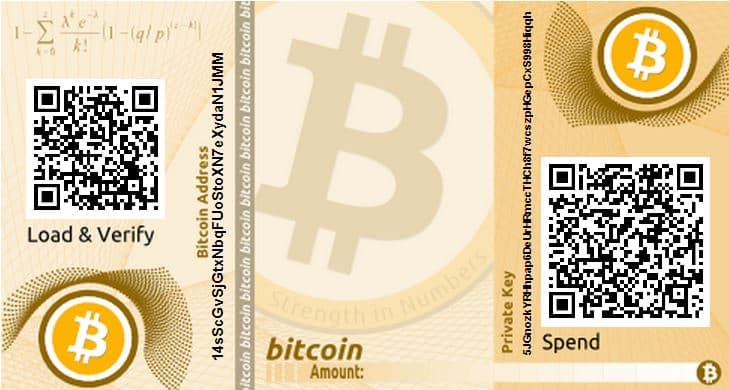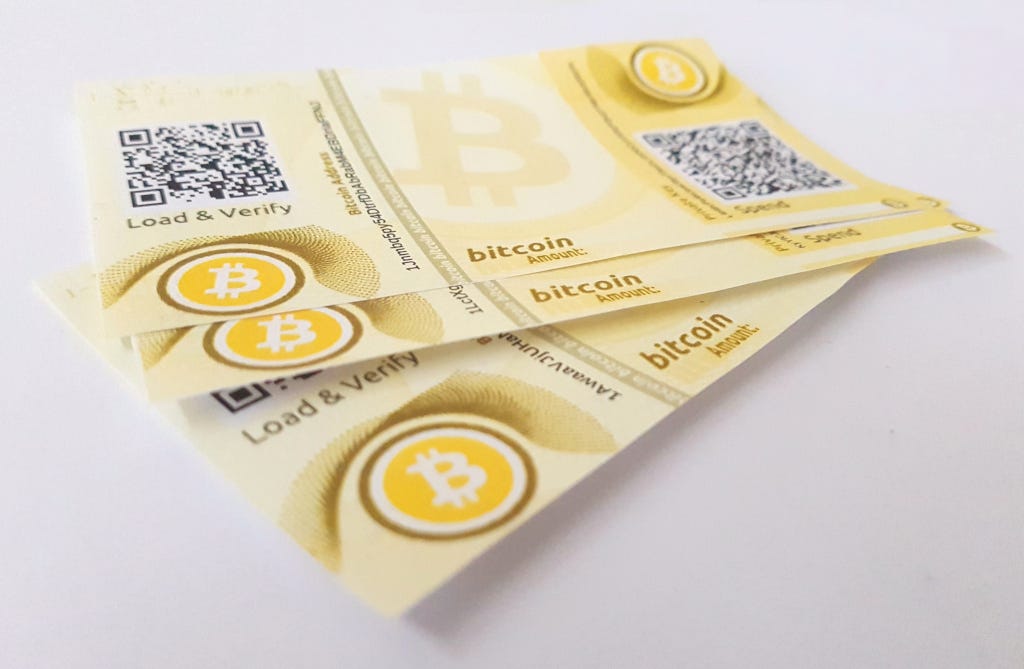
At its core, the fundamental concept behind a Paper Wallet is a physical document that carries the public as well as private keys required to access or managing Paper Wallet funds. The keys, which are represented as QR numbers or strings of alphabetic characters serve as the gateway to the associated Paper Wallet addresses on the blockchain. In contrast to digital wallets which are stored in mobile phones or on computer systems, paper wallets offer the option of offline storage that is immune to hacking and online vulnerabilities.
One of the primary advantages of using a Paper Wallet is its enhanced security. The private key is only as a physical object and does not reside on any other digital device, it's invulnerable to online theft and hacking. This method of storage offline minimizes the chance of unauthorised access to your cash. Moreover, paper wallets are not susceptible to security vulnerabilities in software or malware which are commonly exploited by cybercriminals. So long as the paper containing your keys is kept protected from physical risks that could cause flooding, fire or theft, your Paper Wallets remain secure.
It is important to understand that, while Paper Wallets offer robust security however, they do come with some inherent risks. One of the biggest risks is that you could lose the papers that contain your key. In contrast to digital wallets, in which they can retrieve funds with a backup phrase when you lose your paper wallet or it's damaged, there's no way to recover your paper Wallets. It makes creating and storing the paper wallet a delicate process between safety and accountability. The users must be extra cautious to guard their wallets from loss or destruction. To obtain more details kindly go to https://bitcoinpaperwallet.com/bitcoinpaperwallet/generate-wallet.html

Even with their strong security features, Paper Wallets are not completely free of dangers and challenges. A major concern is the threat of physical harm, loss or theft papers that holds the keys. Unlike digital wallets that are able to be backup and restored, theft or destruction of a paper wallet is a cause for irreversible loss of money. It is therefore essential that you store your paper wallets at secure and sturdy locations including fireproof safes or security deposit boxes. You should also consider creating multiple copies or backups to ensure redundant storage.
Another consideration is the convenience issue that comes with traditional wallets as compared to their digital counterparts. Transferring money from a wallet that is paper-based requires entering the private key to a digital wallet which can be cumbersome and possibly error-prone. Also, accessing money stored in a paper wallet might not be instantaneous, as it is a matter of getting the physical wallet and inserting the private key that could prove difficult during times of need.